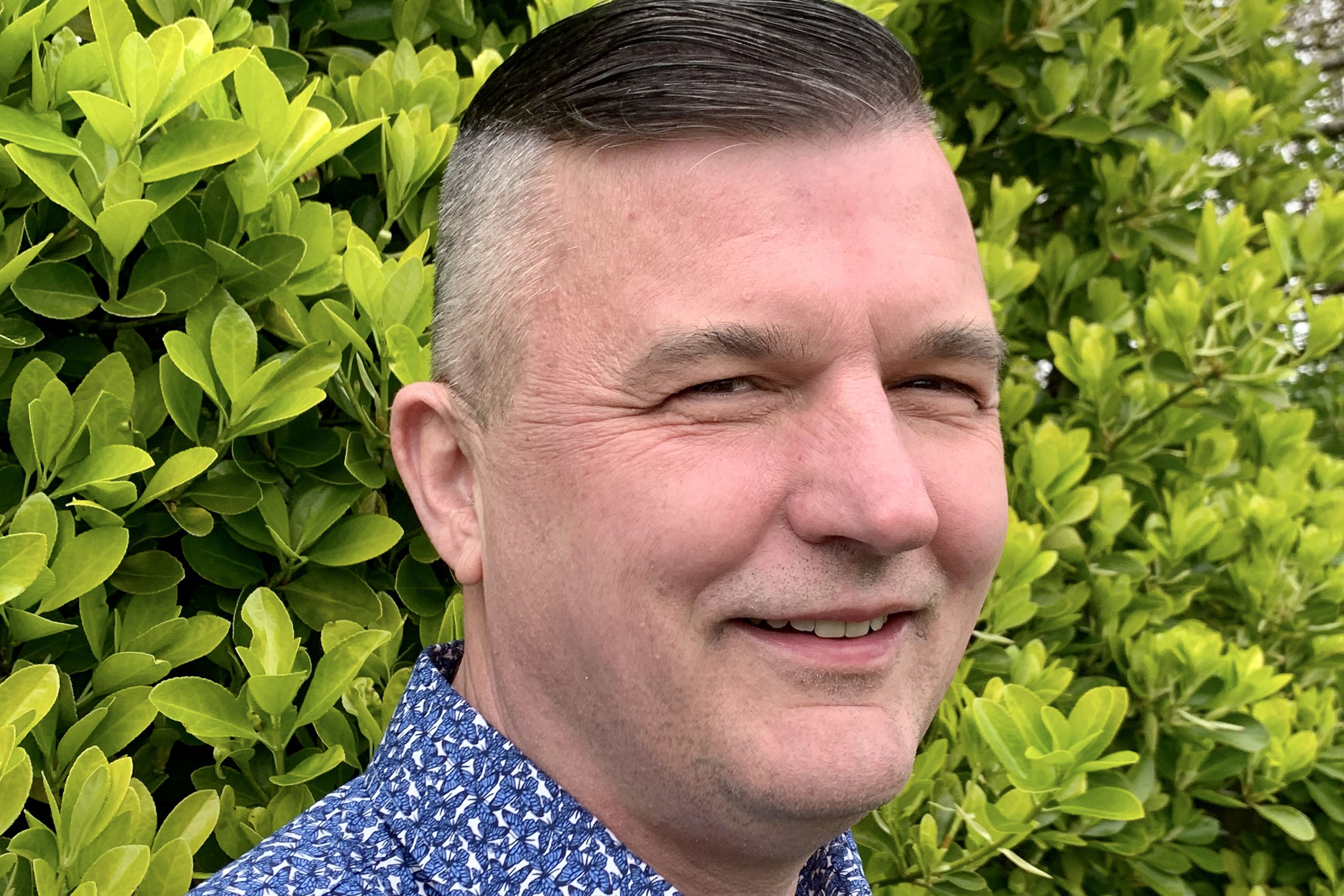Ex-naval officer seeks recognition and compensation for LGBT veterans
West Yorkshire-born Craig Jones applied to join the Royal Navy aged 19 while studying economics at Portsmouth University.

Craig Jones, campaign director at the charity Fighting With Pride, is the man at the heart of efforts to win compensation and recognition for LGBT veterans who suffered mistreatment in the armed forces.
A former Royal Navy officer, Mr Jones served for 19 years in the senior service between 1989 and 2008, rising through the ranks to become a lieutenant commander.
In a campaign aimed at winning financial redress and recognition for historical wrongs done to LGBT people in the armed forces, his position as a spokesman and figurehead is akin to that of Alan Bates in the Post Office-Horizon scandal.
Born and raised in Bingley, West Yorkshire, he applied to join the Royal Navy aged 19 while studying economics at Portsmouth University.
He realised he was gay just weeks before he was set to begin training in 1989.
But his life changed as he began his service, with a series of “very operational” years, first at Britannia Royal Naval College, Dartmouth, and then with his first deployment on counter-drugs operations in the Caribbean.
After his career took him to the Persian Gulf and Northern Ireland during the 1990s, he met his now-husband Adam at a gay bar in Exeter, which to him felt “a lot more courageous than going in to Belfast” at the height of the Troubles.
He described the relationship as “very exciting, but also frightening”, adding: “Almost instantly, I had a family in my eyes. We were an inseparable couple, but unfortunately, I had an Achilles’ heel, and if anybody knew that, I’d be arrested and imprisoned.”
For years, he had to conceal his personal life from colleagues as he rose through the naval ranks.
The day before the gay ban ended on January 12 2000, Mr Jones decoded a message to the ship he was serving on signalling it would be lifted.
Mr Jones believes he is the first person to have come out to his superiors, having done so to his commanding officer when he passed along the message.
The transition to open life in the Navy was not an easy one as stigma lingered but he found allies among his colleagues.
Others confided in him they were gay but not yet ready to come out.
Throughout the mid-2000s he was involved in efforts to ensure all Navy, Army and RAF personnel marched in full uniform at London’s Pride parade, as well as setting up support networks for LGBT personnel.
After working for Barclays and setting up his own business, Mr Jones returned to the “unfinished business” of redressing the gay ban’s impact.
Fighting With Pride was born on the 20th anniversary of the ban being lifted, and has since been a key force in raising awareness of how LGBT personnel were treated historically, and campaigning for redress.
Bookmark popover
Removed from bookmarks